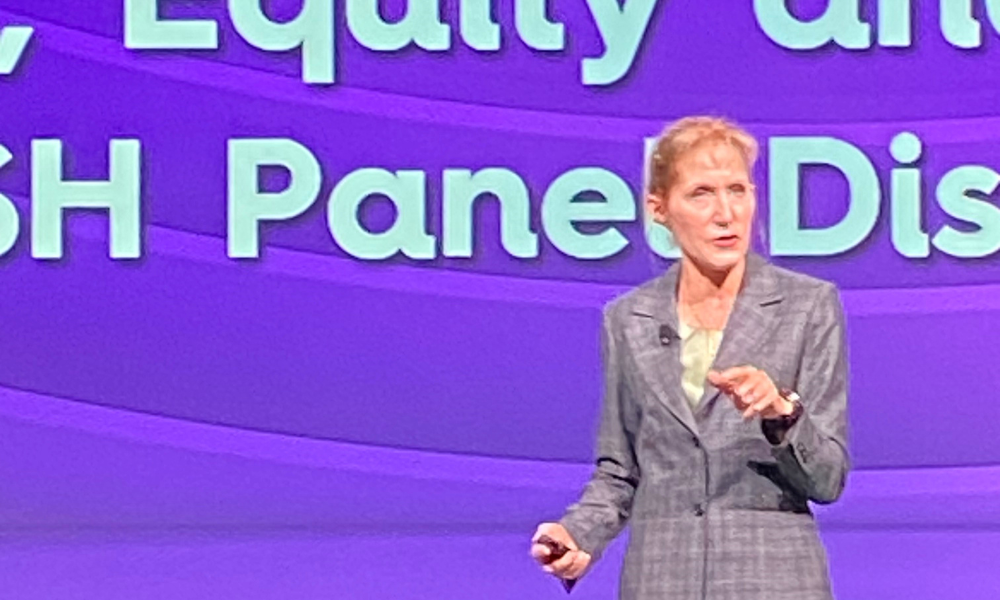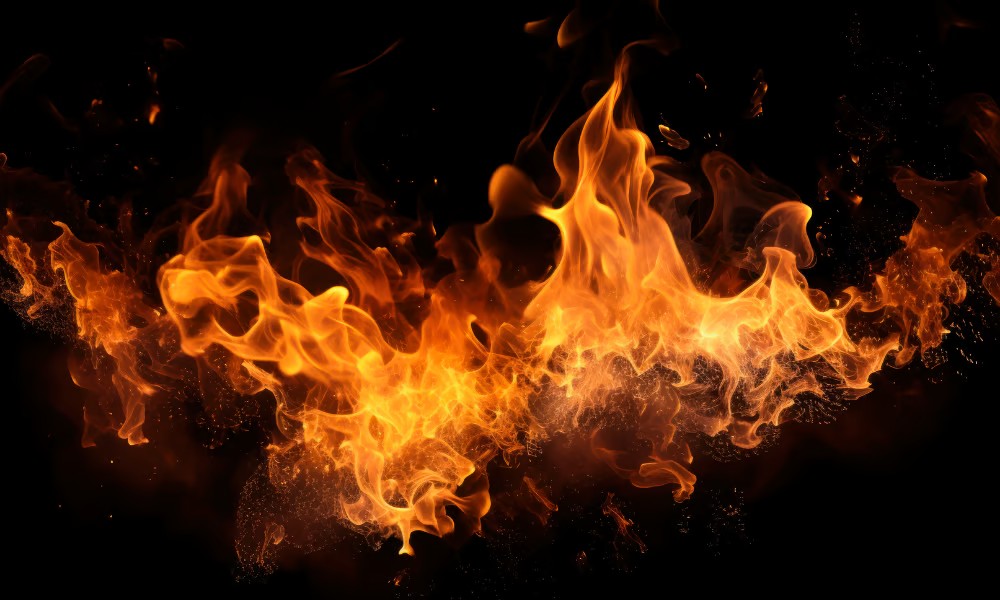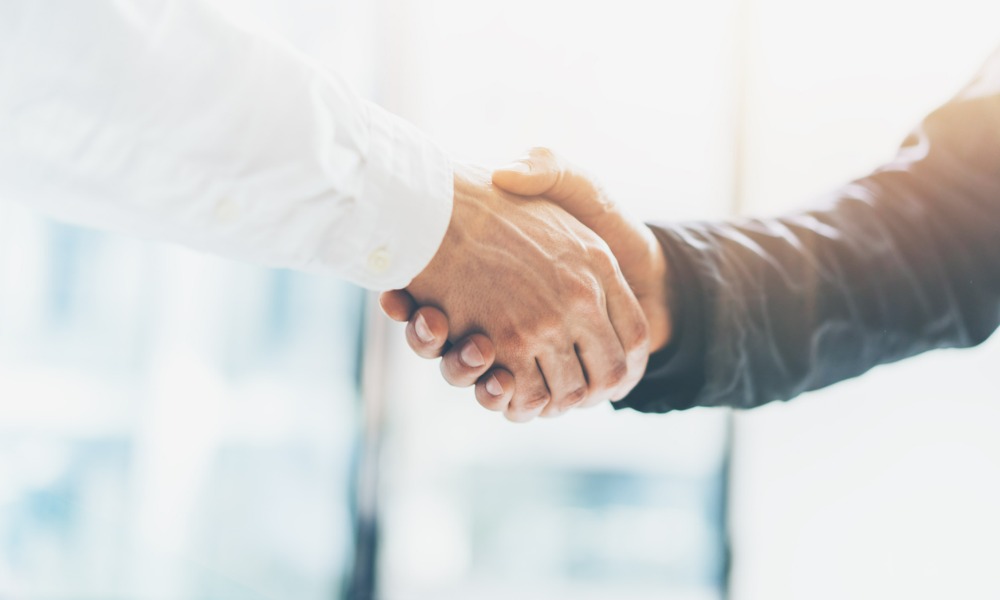Maj. Gen. Jeannie Leavitt explains how to raise the bar and create a competitive advantage

In a powerful presentation at the National Safety Council Congress and Expo in New Orleans, Major General Jeannie M. Leavitt, the Department of the Air Force Chief of Safety, delivered a compelling message about the importance of diversity, equity, and inclusion (DEI) in the workforce and its profound impact on safety.
"DEI is polarizing - but why is that?" challenged Maj. Gen. Leavitt at the beginning of her speech. A trailblazer herself, Maj. Gen. Leavitt is the first woman to become a fighter pilot in the United States Air Force.
She shared her journey, dating back to 1991 when the U.S. military was debating allowing women in combat roles. But it wasn’t without opposition. At first, she was denied the opportunity to fly a fighter jet. But three months later, the policy was changed, and she was assigned to fly the plane she wanted- a combat aircraft.
Maj. Gen. Leavitt's experiences highlight the significance of providing equal opportunities and breaking down barriers. "It's really about having that opportunity…and the same opportunity is not going to translate to the same outcome," explained Maj. Gen. Leavitt. "This doesn't lower the bar; this raises the bar because everyone's getting to compete."
Her presentation delved into the essential role that diversity plays in safety. "When you have people of different experiences, different races, different genders, different perspectives - it takes longer, but it is always a better solution," she said. "It's a competitive advantage."
Maj, Gen. Leavitt stressed the importance of inclusivity, not only in terms of personnel but also in adapting equipment to diverse needs. "Flight suits didn't fit, survival vests didn't fit," she noted. "We need to make equipment to fit the humans, not force the humans to fit the equipment."
These comments get at the heart of an issue plaguing the safety industry, which is the need for better fitting PPE for women.
In her engaging presentation, she discussed how the U.S. Air Force needed to make significant alterations to her G-suit, so that she wouldn’t lose consciousness while flying. Maj. Gen. Leavitt says similar challenges are still being experienced by women in all sectors of the economy. "It's going take a while for all of the manufacturers to ensure that when you come to their site or go to their website, that they see the units for all the shapes and sizes and genders."
Maj Gen Leavitt encouraged everyone in the audience to keep pushing the boundaries of DEI practices by explaining the how and why it keeps people safe. "Pushing people outside their comfort zone is one of those things that to you have to deliver. And you have to explain, communicate, communicate, communicate, that's one of the most important things," she advised.
She underscored the value of diverse perspectives in problem-solving. "Imagine, one of the things that's important is when possible, being able to see people in a position that look like you, so that others know it's an option," she said.
In the context of the workplace, Maj. Gen. Leavitt noted the difference between diversity and inclusion.
"We want to have all types of diversity so that we have diversity of thought. But a unit can't affect what types of diversity come into the workforce at an enterprise. But any given unit can affect diversity through inclusion. Because when people feel like they are part of a team, that their opinions matter, they are more invested in their organization. Inclusion is including their voice."
Major General Jeannie M. Leavitt's presentation at the National Safety Council Congress and Expo left a lasting impression on attendees, highlighting the undeniable connection between diversity, equity, and inclusion, and workplace safety. Her message serves as a call to action for organizations across industries to embrace DEI principles and create safer, more inclusive work environments.
As she aptly summarized, "you don't know who is going to see that hazard, and you want them to feel empowered to call it."
In a world where safety is paramount, Maj. Gen. Leavitt's insights remind us that fostering a diverse, equitable, and inclusive workplace is not just the right thing to do; it's a strategic imperative that can save lives and drive innovation.





